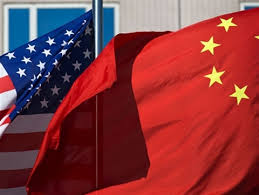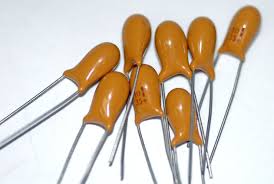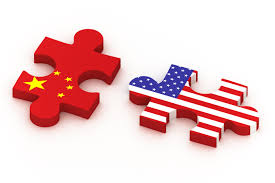China and Antitrust Enforcement
 China’s entry into the anti-corruption enforcement arena has received lots of press attention. Just as significant as this development, China has added international cartel enforcement to its list of priorities. With far less fanfare, China has found “religion” when it comes to prosecuting price fixing conduct.
China’s entry into the anti-corruption enforcement arena has received lots of press attention. Just as significant as this development, China has added international cartel enforcement to its list of priorities. With far less fanfare, China has found “religion” when it comes to prosecuting price fixing conduct.
China’s National Development and Reform Commission (“NDRC”) has expended its focus to include multinationals that engage in cartels. More importantly, China’s NRDC is cooperating and coordinating with the US Antitrust Division, Korea’s Fair Trade Commission, Taiwan’s Fair Trade Commission, Japan’s Fair Trade Commission, and the European Commission in the investigation of the capacitor market. (A capacitor is a common device used to store energy in an electric field).
The NDRC has focused on several multinational companies from the US, Germany and Japan as part of other international cartel investigations. For example, the NDRC fined Chrysler and Audi were fined a total 275 million RMB (approximately $46 million: $41 million against Audi and $5 million against Chrysler) for cartel activity in the auto spare part market. In addition to this recent fine, 12 Japanese auto-part makers were fined a total of 1.24 billion RMB ($200 million) for their respective roles in a cartel.
 The NDRC has initiated a number of other antitrust investigations against GM, Daimler and Volkswagen. Foreign governments and multinationals are complaining about these investigations because the Chinese appear to be targeting foreign companies for unilateral pricing and competitive conduct.
The NDRC has initiated a number of other antitrust investigations against GM, Daimler and Volkswagen. Foreign governments and multinationals are complaining about these investigations because the Chinese appear to be targeting foreign companies for unilateral pricing and competitive conduct.
Antitrust enforcement of unilateral conduct is only warranted when the single firm has market power. The prior doctrine of predatory pricing in a competitive market has been discredited and rarely, if ever, leads to antitrust enforcement.
China’s embrace of antitrust and anti-corruption enforcement is threatening China’s ability to increase foreign investment in China. In 2014, foreign investment in China hit a new low. Foreign criticism has suggested that China is selectively enforcing its antitrust laws to protect domestic firms. US Antitrust officials have specifically criticized China’s antitrust enforcers for its position on intellectual property enforcement and prevention of mergers. The business community is also concerned about these issues. The US Chamber of Commerce released a report entitled, “Competing Interests in China’s Competition Law Enforcement: China’s Anti-Monopoly Law Application and the Role of Industrial Policy.” (Here). As explained in the Report, the Chamber argues that China’s antitrust enforcement is deviating far from international norms and designed to promote China’s domestic industries.
US Antitrust officials have specifically criticized China’s antitrust enforcers for its position on intellectual property enforcement and prevention of mergers. The business community is also concerned about these issues. The US Chamber of Commerce released a report entitled, “Competing Interests in China’s Competition Law Enforcement: China’s Anti-Monopoly Law Application and the Role of Industrial Policy.” (Here). As explained in the Report, the Chamber argues that China’s antitrust enforcement is deviating far from international norms and designed to promote China’s domestic industries.
In response, China’s enforcement agencies have defended their actions and claim to be following Chinese law. With foreign criticism expected to continue, it remains to be seen if such pressure will moderate China’s antitrust enforcement policies and practices against multinational firms.















